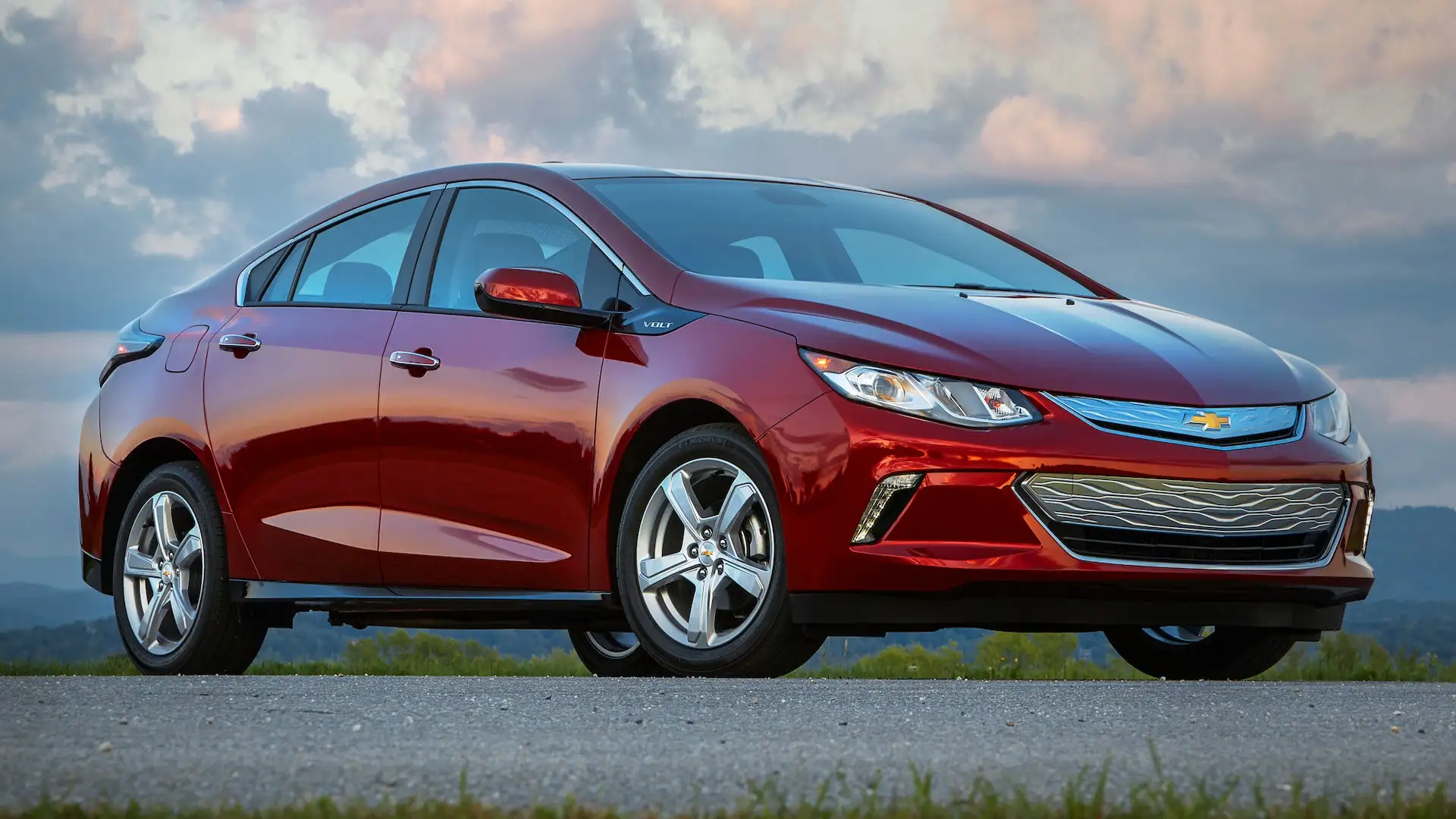GM Reverses All-In EV Strategy to Bring Back Plug-In Hybrids
GM Reverses All-In EV Strategy to Bring Back Plug-In Hybrids

www.thedrive.com
GM Reverses All-In EV Strategy to Bring Back Plug-In Hybrids

GM Reverses All-In EV Strategy to Bring Back Plug-In Hybrids::The EV craze is butting up against limited demand, and it's forcing General Motors to bring back hybrids in an almost total about-face.